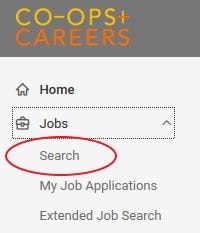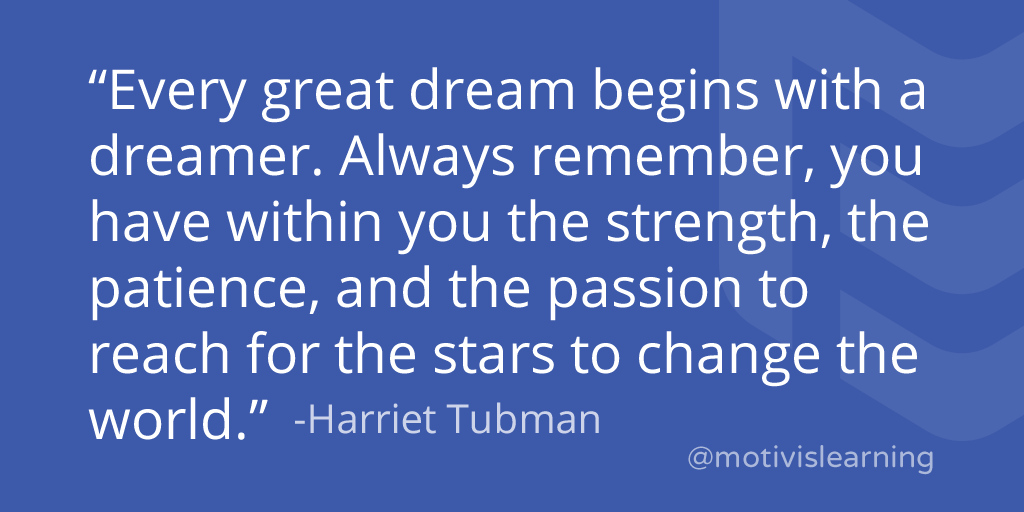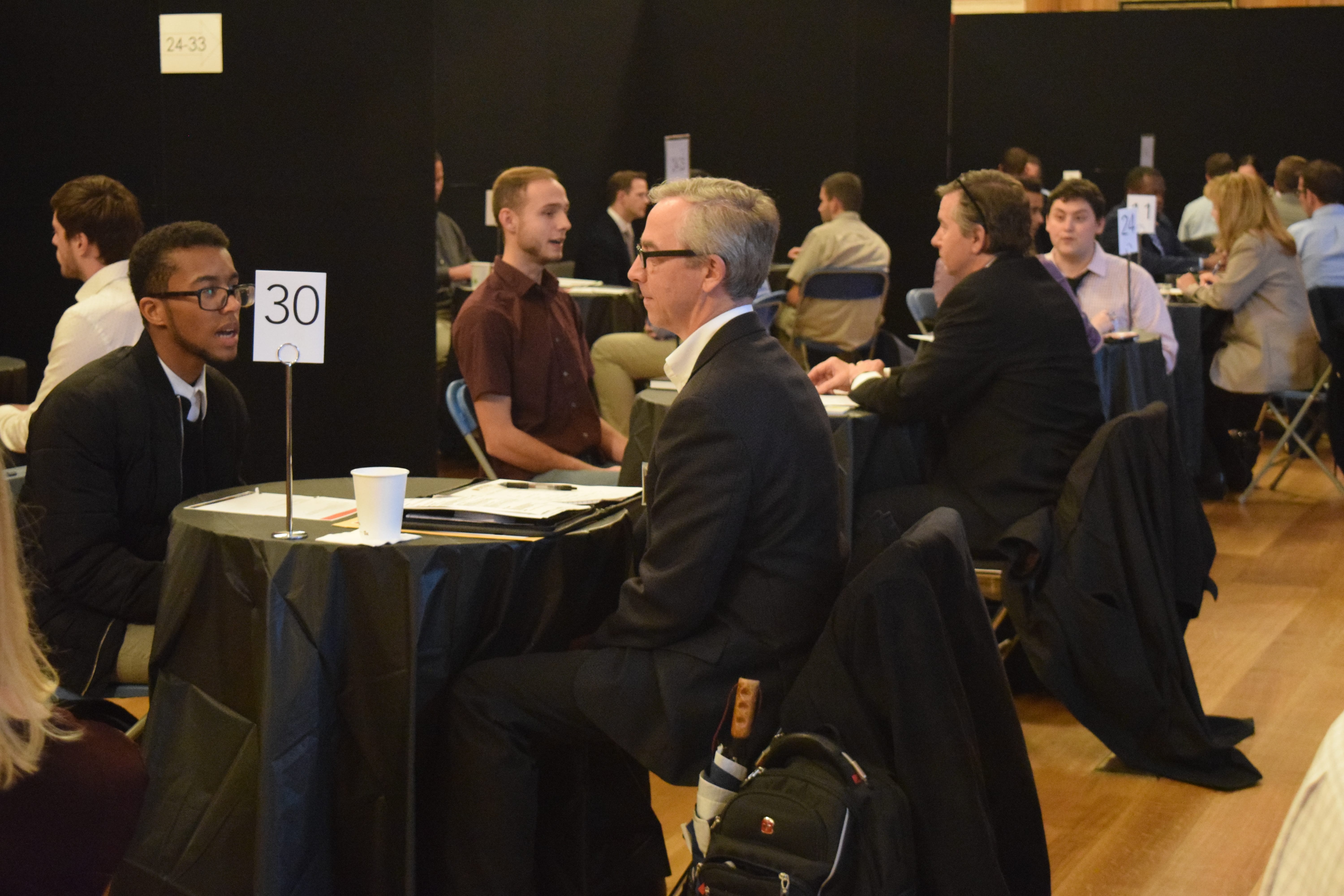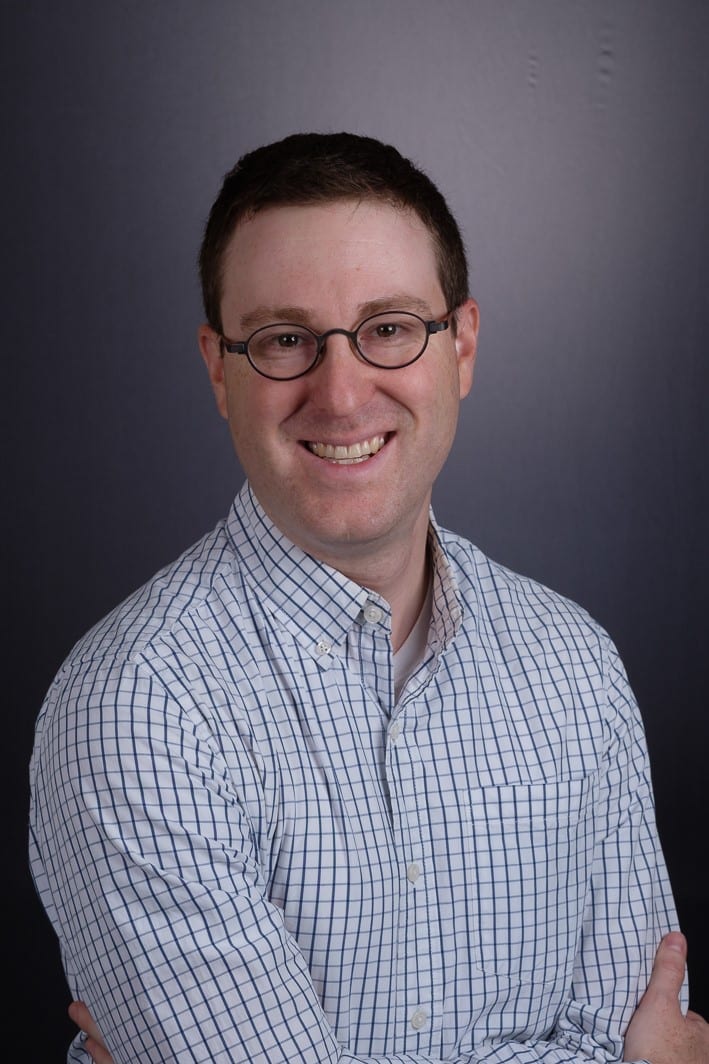By: Jocelyn Frechette
Jocelyn is a rising Wentworth senior studying Electrical Engineering and minoring in Physics. She recently completed her second co-op at BAE Systems as a Technical Intern 2 and generously shared her co-op experience with us:

Tell us about your co-op at BAE Systems.
I worked at BAE Systems Inc. in Nashua, NH for both my optional and first mandatory co-op. My job title was Technical Intern 2. My role as an intern is to learn from and support more senior Electrical Engineers in their work while also working and communicating across other disciplines to ensure that the job is done correctly and efficiently. The work varied from day to day and largely depended on the part of the engineering life cycle at which I was jumping into the project. My day shifted from working in the lab and supporting testing to working at my desk to process data and document procedures.
Having completed two co-ops at BAE, Systems – how did your second co-op differ from your first at the company.
The work I did this time was vastly different from my first co-op with BAE last summer when I worked on a different project and another part of the engineering life cycle. The first time I was with BAE, the project I was a part of was in the preliminary design stage so I mainly spent the day working with PSPICE and other simulation programs doing different types of analysis. However, during my second co-op at BAE I supported design verification testing, where the designs have been completed, but are tested to assure that they are up to the specification provided by Systems Engineering and the customer. I also found that I was a lot more comfortable at BAE compared to my first time, I was able to leverage my previous experience to make sure I got the best experience possible this time around.
What are your plans for your third and final co-op this Fall?
I will be not be returning to BAE in the Fall, due to my commitment to another company. However, fingers crossed I hope to rejoin BAE Systems after I graduate from Wentworth! This Fall, I will be working at Collins Aerospace as a Systems Engineering Co-op in Cedar Rapids, IA. I’m looking forward to getting a wide range of experiences from different companies. These experiences will help me decide what I would like to pursue as a full-time professional.
BAE taught me many lessons, but I think the biggest thing I’ve learned is to use your resources to your advantage, you’ll meet a lot more people and have more experiences as a result. I’ve had a lot of experiences at BAE that I wouldn’t have had if I hadn’t just asked someone a question. The best case is that they the answer or they know someone who does that you can speak with.
What is something you worked on during co-op that inspired you?
During my second co-op at BAE, I worked on a team of Radio Frequency (RF) Engineers in Design Verification Testing of several RF modules of an electronic warfare system in the Electronic Combat Solutions (ECS) business area. I can’t really get into too much detail, but I had the amazing opportunity to work in the lab almost everyday testing and troubleshooting hardware. I gained an interest in RF Engineering as a result and its definitely something I would like to pursue in the future. This co-op helped me realize where my passions lie and how I can achieve my goals. I think the people I worked with really helped to instill that interest in me, they always answered my questions and fueled my curiosities when I inquired about something. They took the time to explain something to me if I didn’t understand and tried their hardest to include me in conversation.
What advice do you have for students who are interested in working in the defense industry?
If you have interest in working in the defense industry, I would say start building your network now and don’t be afraid to reach out to someone who works in the defense industry whether it be a student on co-op or a full-time professional. Most of the time, people are more than happy to pay it forward and help you out whether they give you a referral/recommendation or help you craft the perfect application. Don’t fret if you don’t get an opportunity in the defense industry for your co-op on the first try, work on getting some additional experience with another company and try again. Also, our CO-OP + CAREER Advisors are a great resource – I wouldn’t be here today if it wasn’t for Ria Kalinowski putting me into contact with a student who had defense industry experience and my previous internship experiences.
Some advice on the co-op search process.
Be patient and trust in your abilities, you are going to get that co-op! There were many times in my search process where I doubted myself. I panicked a couple of times because I wasn’t receiving phone calls or emails asking for an interview, but trust me, they come! I interviewed with 3 companies and had 2 other requests to interview after I accepted my offer. Be sure to put the time into actually applying, DO NOT wait until the last minute. Start early! I typically spent 2-4 hours per week searching, applying for jobs, and editing my resume and cover letters. The hard work will pay off, just trust me on that one!
Thank you for sharing your experience with us, Jocelyn! Be on the lookout for our next co-op feature. If you would like to share your co-op experience (positive or not-as-expected), or have any questions about the co-op process, please email us at coopsandcareers@wit.edu.
As always, to make an appointment with your Co-op + Career Advisor call the front desk at 617.989.4101 or stop by the CO-OPS + CAREERS Office.






 You can customize your search using filters and save your search, so the system emails you when new jobs get posted. To search for co-ops or jobs, select Jobs > Search from the left-hand menu.
You can customize your search using filters and save your search, so the system emails you when new jobs get posted. To search for co-ops or jobs, select Jobs > Search from the left-hand menu.



 To search for events, select Events from the left-hand menu. Then select the event type you are looking for.
To search for events, select Events from the left-hand menu. Then select the event type you are looking for.




